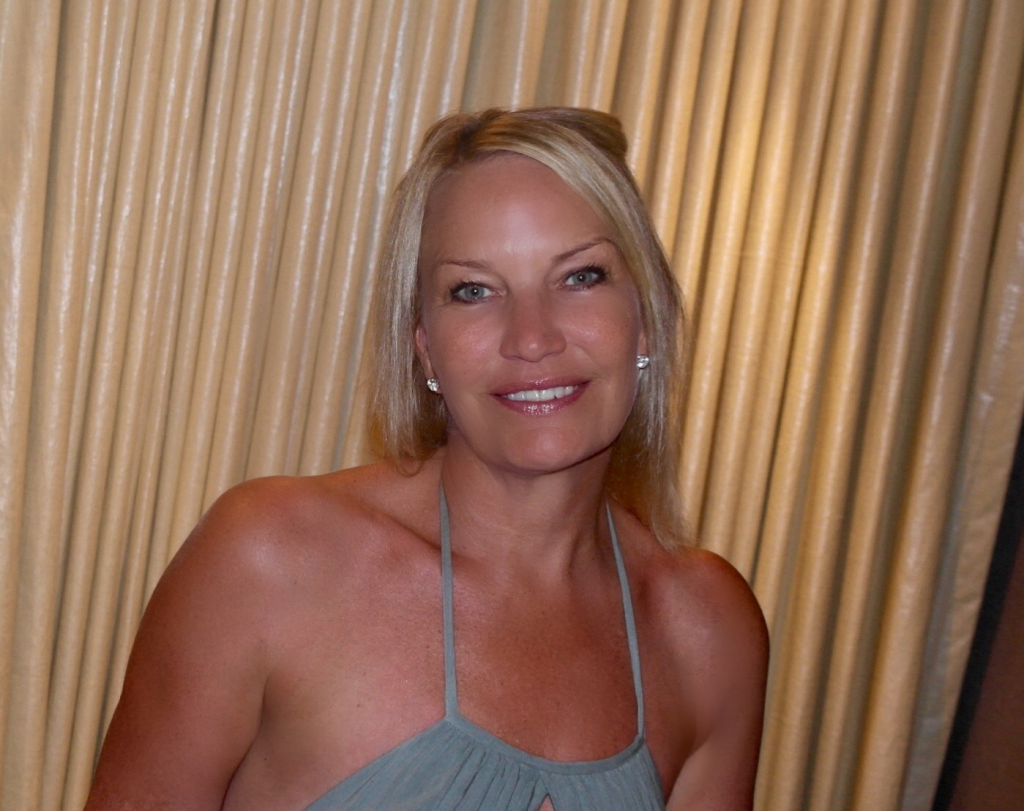Julie-Anne was born in Zimbabwe, moving to Canada before her parents divorced. She is an only child and, though she says her poor upbringing in a small apartment with a single mum was difficult, her mother taught her to be headstrong. She dropped out of school just before graduating in a bid to earn. After a short-lived stint as a model and aged 19, Julie-Anne was encouraged to travel, hitch-hiking through Europe.
Aged 24, she started a headhunting firm in Toronto. It went on to be successful, with Julie-Anne breaking away to focus on her 4 children. Since then, as well as having founded city guide technology business Cities Talking and education charity Zamcog, Julie-Anne has become a prolific investor – with every penny of profit given back to charity. Zamcog has raised more than £5m, helping to school thousands of disadvantaged, orphaned and highly vulnerable children in Zambia (which neighbours her native Zimbabwe). She is also a benefactor to the Tate Modern, on the Chairman’s Circle committee for performing arts organisation Roundhouse, a Human Rights Watch donor and UK ambassador for the International Center for Research on Women (ICRW).
Hi Julie, great to finally have you on YHP. First up what were your biggest challenges you faced as an entrepreneur?
I’ve experienced two big challenges throughout my entrepreneurial career, so to speak.
The first has been funding. I’ve tried to take shortcuts, but creating a half-way decent product or service is painful, knowing that you’ve created something that is not as good as you could have. Now, whenever I do anything (whether for myself or when I’m investing) I always ensure that the necessary funding is there to take it across the line. Attached to that, I’ve never really found it difficult to motivate people, but finding great people is always a challenge.
The second big challenge I experienced – or perhaps, a mistake I made professionally – was in not really knowing what an NDA was, nor how to use them. I shared what I still think to be an amazing business idea with somebody and see every week how that person took the idea and has turned it into a success without me. Lesson learned - don't over share in your enthusiasm!
As an investor what 3 things do you look for in an investment?
Every penny of profit made from investments goes into Zamcog and other charities – I don’t take any of it for myself, so given the money is going to a great place, I’m even pickier about the companies I invest in.
There are many elements that come into play, but if I had to say just three, they’d be:
1) that there is a legitimate gap in the market for the company, and that the company isn’t just a ‘me-too’ idea
2) the founders must be totalled involved. They can’t be a typically non-committal serial entrepreneur; juggling many different businesses. I’ll commit as much as I can to them, and I want full commitment from them and
3) their business must be able to scale. My mentality as to where any return goes might be different to most investors, but I still want to know that there will be a return. Scale is the easiest way to attract future investment and/or exit.
What brings you the most fulfilment? What motivates you during the tougher times?
Making a difference is everything to me, so I’d say that brings me the most fulfilment.
Cities Talking gives me a chance to impact the cultural experiences of people – and given travel is something I’m so passionate about; that is hugely important, but supporting and positively affecting the futures of disadvantaged children is a reward in itself.
‘Tougher times’ are relative – I look at the children we help through Zamcog, and the kids at orphanages I’ve supported for the last 20 years, and I struggle to believe I really have tough times anymore. I have times where I need to work harder than others, and with four children myself, those times generally mean I need to work smarter, balancing my time in a way that means I get it all done.
How do you stay productive?
I get so much enjoyment from what I do and from travelling the world, that productivity is something I’ve never really had a problem with! I have a great team of people around me too, who support me and my efforts.
We’re constantly reminded of the positive benefits of Zamcog, so every time I hear that we’ve helped another child into education they otherwise wouldn’t be getting – well, there’s no greater motivation to stay productive. I want to keep pushing for them.
Does you think that coming from a disadvantaged background actually gave you an advantage when starting your own business?
I do. I think many of the most interesting people I’ve met in business have had less than perfect upbringings. It gives you an element of empathy, and for me, an innate drive to improve not only my life and my family’s lives, but those of other people even less fortunate. It sounds almost clichéd, but giving back and being part of society, whether on your back door or around the world, is possibly the most important thing we can do.
For me, starting my first business was a way to prove to myself that I could, and to give back to my mom, who’d worked two jobs to keep food on the table. It then becomes about levels of comfort and really, how much money do we need? Beyond a certain point, people adopt a league table approach to earning and success and I just think life’s too short to constantly look over at what other people have. I’d prefer to look at what other people still don’t have, and see what I can do to help there.
Fantastic, thank you Julie for your time and your insight!




